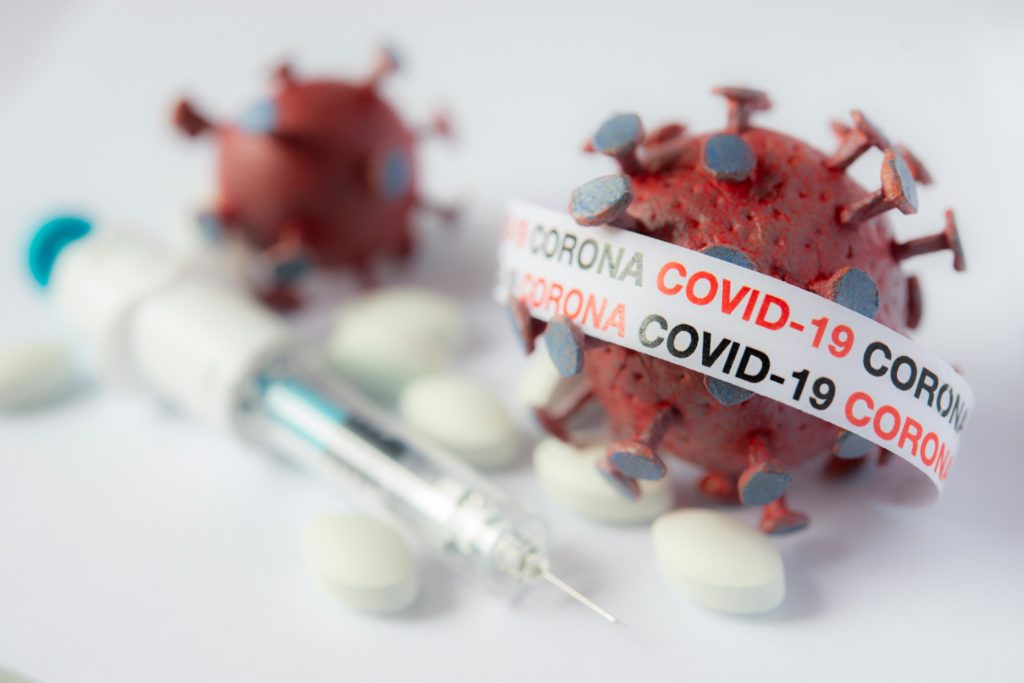With coronavirus on my mind, l bid bye bye to 2020
A large-scale trial of a new treatment for COVID-19 that could prevent patients from developing severe illness has begun in the United Kingdom.
The treatment involves inhaling a protein called interferon beta or SNG001 which the body produces when it gets a viral infection.
Interferon beta is inhaled directly into the lungs of patients with COVID-19 using a nebuliser, with the aim of reducing viral load and stimulating an immune response.
The new treatment is hoped to stimulate the immune system, priming cells to be ready to fight off viruses.
Advertisement
Interferon beta is commonly used in the treatment of multiple sclerosis.
The drug was developed at Southampton University Hospital and is being produced by Synairgen, a Southampton-based biotech company.
Alexandra Constantin, a 34-year-old mother who was admitted to the hospital with COVID-19, was the first person to receive the treatment as part of the new trial at Hull Royal Infirmary on Tuesday afternoon.
Advertisement
A course of treatment with the new drug could cost around £2,000.
“To be viable it will have to represent good value for money,” The BBC quoted Richard Marsden, Synairgen’s chief executive, to have said.
Phase two clinical trial of the treatment was conducted last year and results suggested that the chances of a COVID-19 patient in hospital getting severe disease — for instance, requiring ventilation — were reduced by almost 80 percent.
The study showed that hospitalised COVID-19 patients on nebulised interferon beta recovered quicker and that the drug is safe.
Advertisement
According to Synairgen, the result also suggested that patients were two to three times more likely to recover to the point where everyday activities were not compromised by their illness.
It also said the trial indicated “very significant” reductions in breathlessness among patients who received the treatment.
Add a comment






